Americans are living in remarkable times. Every day it seems tectonic shifts are occurring in our culture. Our society seems to redefine cultural norms with every news cycle. And these new norms are not isolated to one specific segment of society. Americans all seem to be experiencing a sense of fear and confusion as we navigate the waters of cultural upheaval.
The American church is not isolated from the turbulence of these uncharted waters. Since the founding of our nation, the Protestant church has enjoyed the benefits of a hospitable environment. And as immigration and charity increased, it was not long before the Roman Catholic Church also enjoyed the blessing of ministering in a friendly atmosphere. America has traditionally offered a favorable climate to the Christian church. Clergymen have been invited to speak at community events with little to no push back.
Moreover, the American church has benefited from accommodating tax policy. These policies have helped the church maintain essential services for the benefit of the common good. For most of our brief history, the American church has grown accustomed to ministering in friendly environments. But the ground has shifted.
Our society is rapidly changing its attitude about the church. And Christian leaders must recognize that the atmosphere has changed. There is no doubt that some of the negativity surrounding the church is warranted. Christian leaders must understand that sexual impurity, hyper-politicization, and financial recklessness have all eroded church credibility––faithful Christian leaders must recognize these truths and grieve.
Many years ago, America was culturally Christian. But today the American church finds itself competing with a state-sponsored religion. The state-sponsored religion of America is materialism. Materialism preaches that all value resides within the visible world; materialism does not believe in one all knowing, all powerful, all loving, transcendent God. And because materialism is a religion devoid of a personal god, everything becomes godlike. Consequently, the doctrine of materialism eventually collapses into paganism.
American’s no longer see themselves as one nation under God. Functionally, Americans are a people who worship multiple gods––namely the god individual choice. There is no doubt that much of the cultural turmoil we feel comes from a shift from monotheism to paganism.
History gives several examples of nations that transitioned from paganism to Christianity. But we have very few examples of cultures that transitioned from the latter to the former. Perhaps the best case we have comes from the collapse of the Roman Empire in the days of St. Augustine.
When Germanic invaders entered the city of Rome, a new culture was introduced. Visigoth invaders imported pagan rituals that included rape, infanticide, and violent entertainment filled the theaters. This is not to say that Rome was a morally pure culture before the collapse. But after the conversion of Constantine (or whatever happened there), there was a degree of civility in society. Nevertheless, after the fall of the Roman state, the church had to learn how to engage a nation in which they no longer enjoyed favored status. It was during this time that St. Augustine wrote his epic work The City of God.
St. Augustine argued that within the world resides two distinct groups of citizens. Love for the material world rules one group of citizens, and a love for God rules the other group. While both citizens desire common good, only those who love God can truly discern what is actually good. The state is often made up of citizens that love the material world and know nothing of the love of God. For this reason, the state often imposes legalization that is very different from God’s definition of good. Nevertheless, both citizens reside side by side in the same society.
So the question remains, how can the church live peaceably with a state that has a competing love? First, the church should look to pray for all state leaders. Our prayers should always be for the good of our leaders and the flourishing of all citizens. Not only does scripture command that Christians pray for the state, but prayer is God’s means to soften the human heart.
Second, the church can seek to find common ground where our love for God overlaps with the state’s activity. God raises leaders up, and He puts leaders down according to His purpose; therefore, we ought not be shocked when unbelieving leaders sometimes legislate according to God’s desired will––where we find an agreement, the church should support our government.
Third, Christians must be realistic about the degree of alignment we will ever see between the church and the state. There is a lot of talk these days about “taking back our nation.” We need to be realistic; society will always be filled with competing loves. Some will love themselves and the material world, others by the grace of God, will love God and others––the two will live side-by-side until Christ returns. Therefore, the church must speak truth to power as that is part of our prophetic ministry. But once we have declared, “thus says the Lord,” we must leave the results to the one who ultimately rules both the City of God and the City of Man. The church must relearn how to function with a sober-realism in regards to our expectations of the state. The church and the state will never fully be aligned until Christ returns and His kingdom fully realized.
The American church will likely continue to feel the tremors as the ground shifts beneath us, and this is not a bad thing. The early church found great unity and power living under unfriendly regimes. In fact, historically when the church and state were fully aligned, it was the church who lost her moral compass. If we have learned one thing from history, the church tends to shine the brightest when the darkest of night falls.


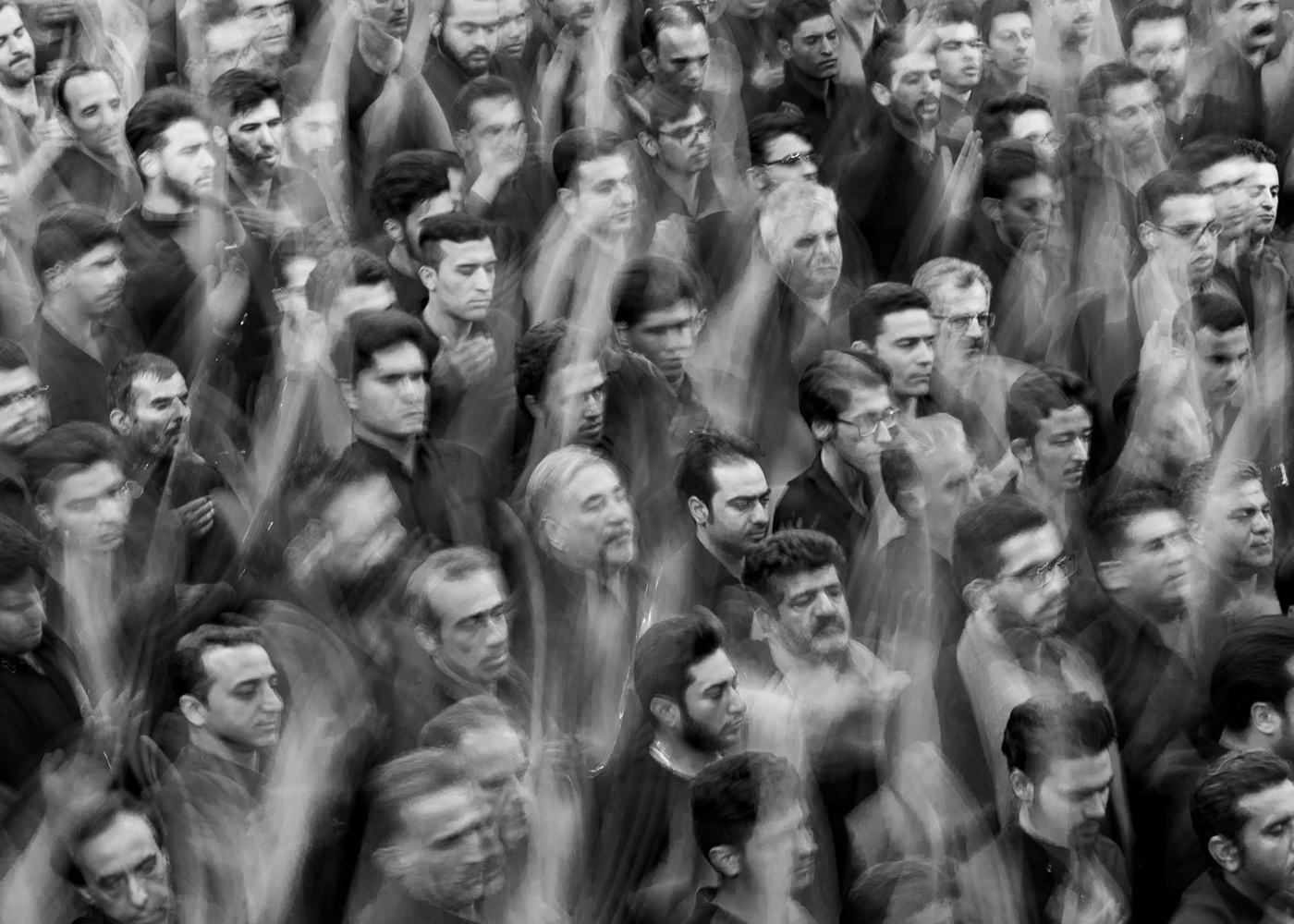
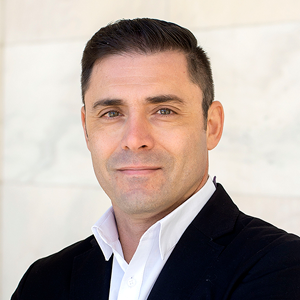
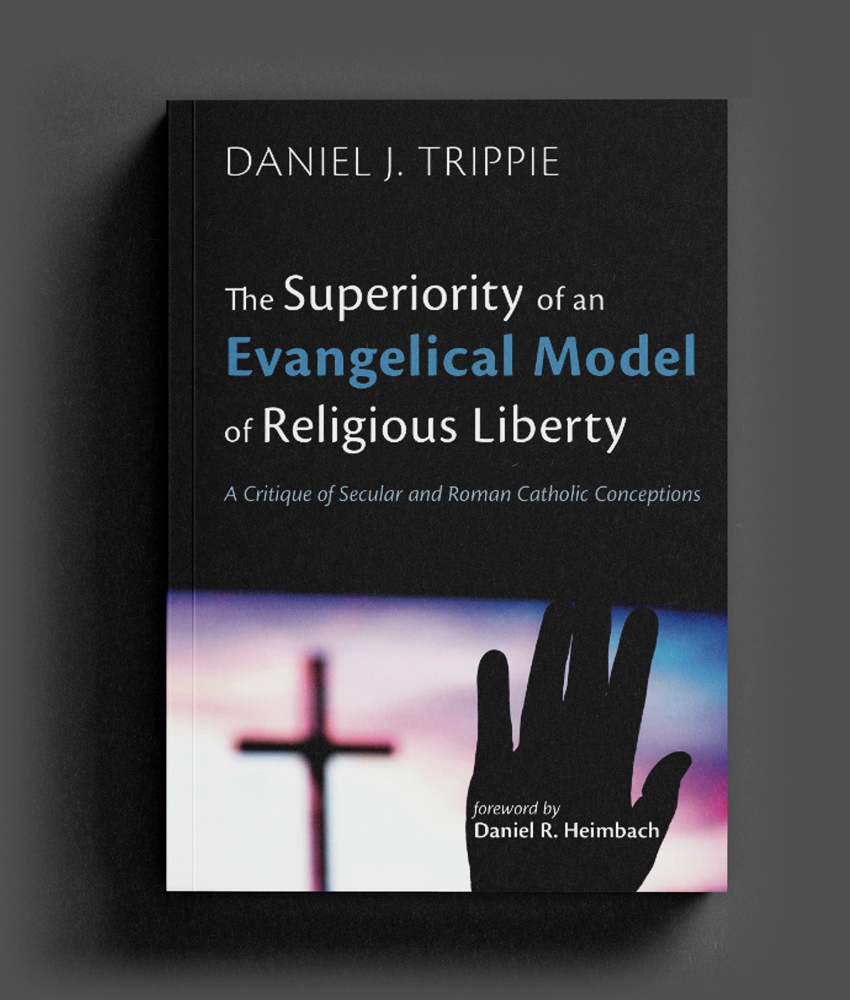
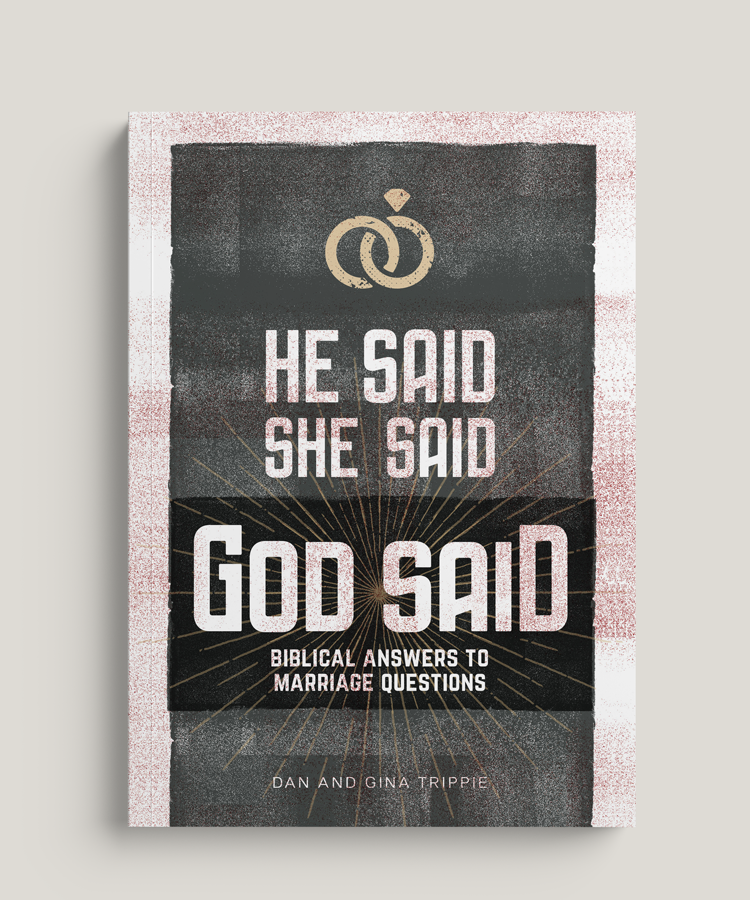



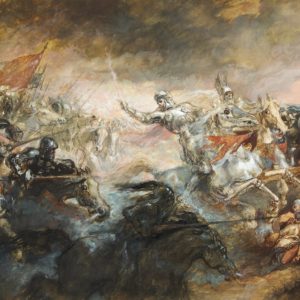
One Reply to “The changing landscape”
Excellent and relevant content and article. Thank you.